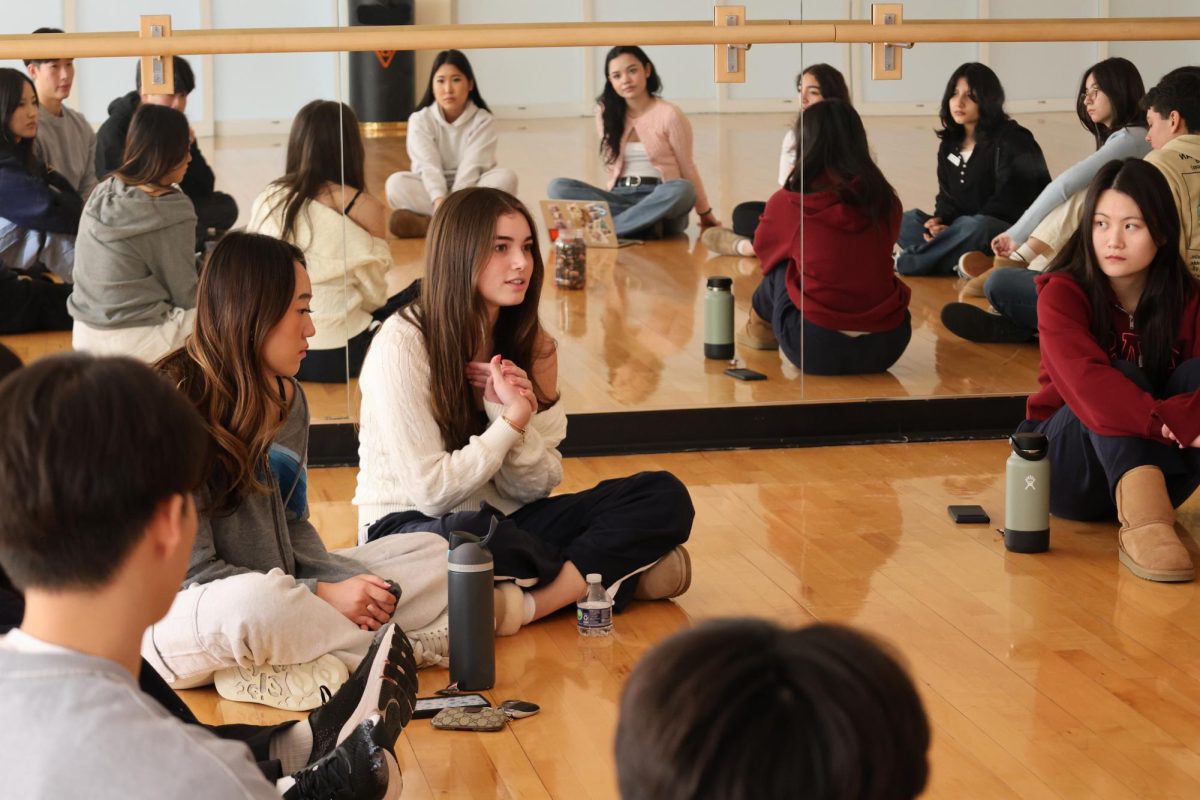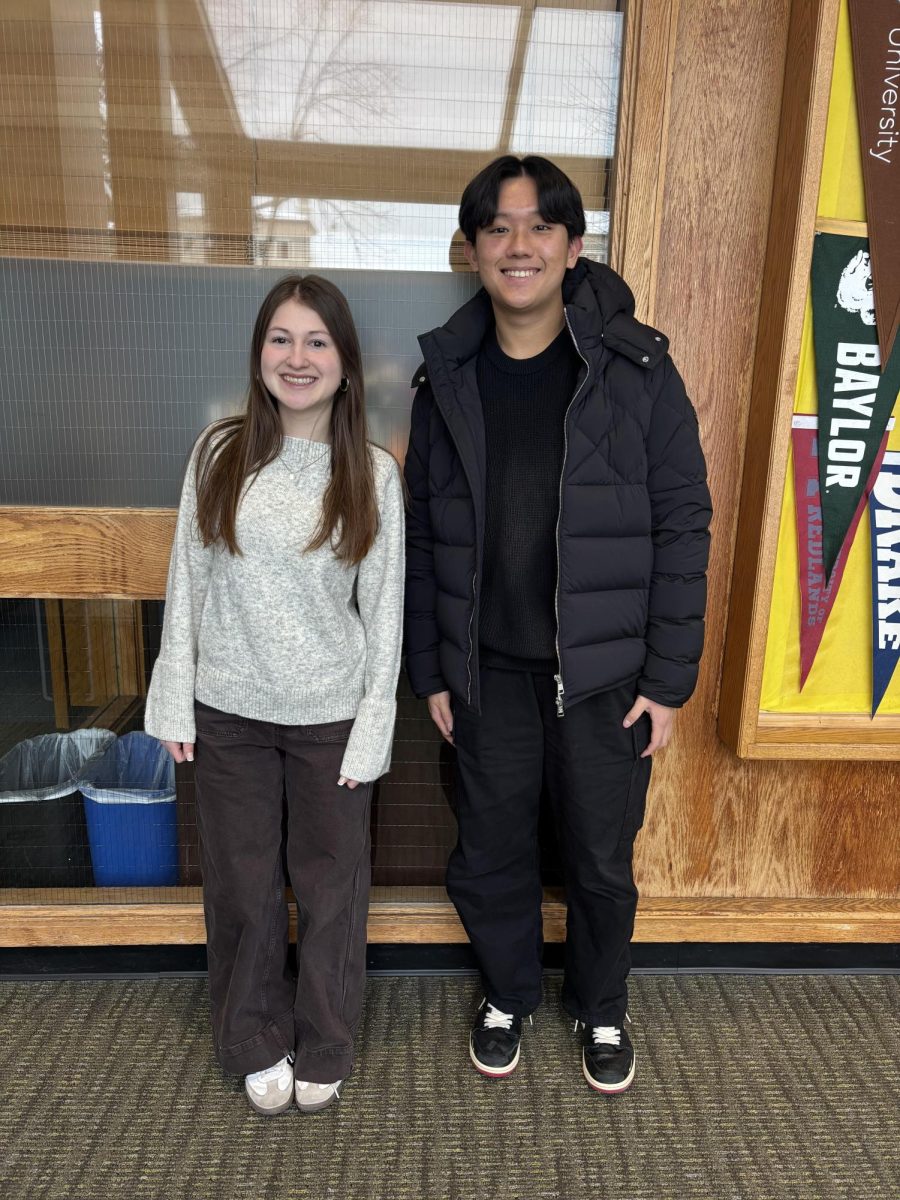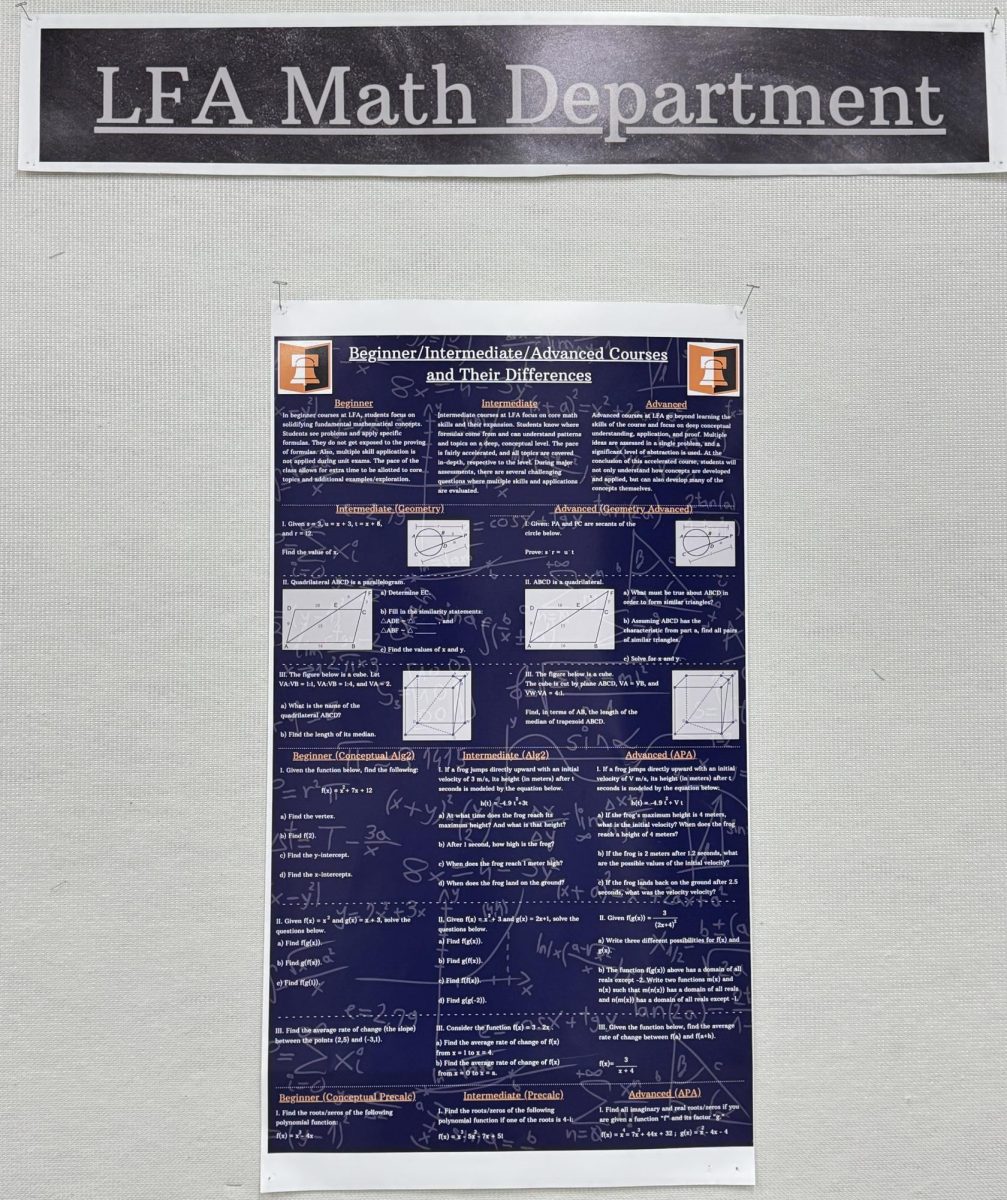In the new school year, the math department has introduced a major change in its assessment approach: weekly “Skill Checks.” These short pop quizzes are designed to reinforce recently taught concepts, help students retain critical skills and promote consistent review – marking a significant shift from the traditional unit quiz and test structure used in previous years.
Skill Checks are designed as supplementary assessments to help students maintain consistent study habits and identify learning gaps between major unit examinations. Unlike scheduled unit tests, these brief quizzes occur unexpectedly. Each quiz is intentionally designed to be short – usually around 10 to 15 minutes. Students do not have the opportunity to revisit missed problems or retake Skill Checks, and this typically accounts for 35 to 40 percent of the overall grade.
The motivation behind Skill Checks comes from a desire to improve long-term retention and reduce last-minute cramming. Math Department Chair Joe Ward explained the thinking behind the new system, “The goal is to ensure students keep up with their work on a daily basis, rather than trying to cram everything the night before a planned assessment.”
Algebra teacher Emily Hansen emphasized the instructional value of the new approach, “Since they know a Skill Check could happen at any time on any material, it encourages them to stay up-to-date on their work and ask questions as they go.”
Student reactions to the new system have been mixed. Those involved in multiple extracurricular activities found it particularly challenging to stay prepared for daily quizzes while balancing other commitments. While some appreciate the regular feedback, noting that the quizzes “help identify what I [they] need to work on without the stress of a major test,” Tianyu Zhu ’27 said. Others point to the increased pressure the unpredictability brings. Dora Huang ’27 said, “Not knowing when these quizzes are coming requires constant preparedness, which definitely adds to the weekly workload anxiety.”
The new system aims to foster consistent engagement with course material, but it has also introduced challenges for students to adjust to academic and extracurricular responsibilities. As the semester progresses, the department will continue to monitor the impact of Skill Checks on overall learning.









































